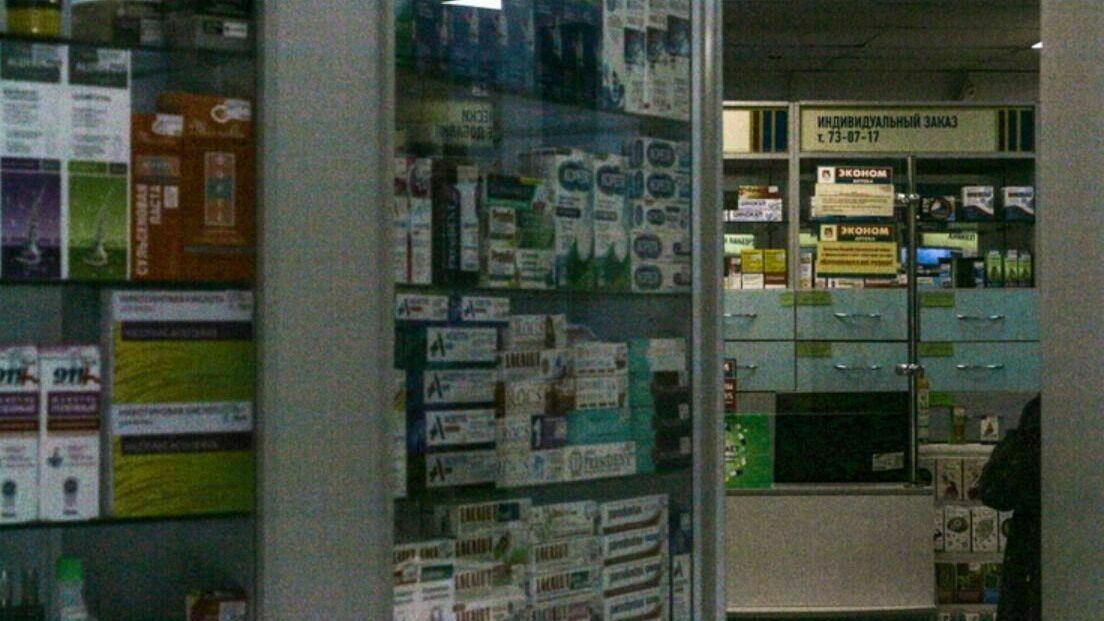Posted 16 февраля 2023, 13:09
Published 16 февраля 2023, 13:09
Modified 16 февраля 2023, 14:52
Updated 16 февраля 2023, 14:52

Roszdravnadzor denied the shortage of dental drugs and medical devices
"Currently, there are no signs of a shortage of painkillers and medical devices used in dentistry on the territory of the Russian Federation. Roszdravnadzor together with the Ministry of Health of Russia are closely monitoring the availability of all necessary medicines and medical devices on the Russian market", - Roszdravnadzor said (quoted by TASS).
On February 15, RBC reported that since March 2022, there has been a shortage of the American painkiller Ubistezin (international nonproprietary name (INN) Articaine+) in dental clinicsEpinephrine), German Vitremer cement and Sanofi Aventis ultracaine. It was reported that dentists began using a domestic analogue of articaine-binergia, which, according to the publication, turned out to be less effective, and there are no analogues for some solutions.
The press service of Roszdravnadzor noted that there is a sufficient volume of Ubistezin in circulation on the Russian market to cover almost an annual demand.
"In 2022, more than 1.7 million packages of drugs with INN Articaine + Epinephrine were released into civil circulation, which is 200 thousand more compared to 2021 (more than 1.5 million packages). This year, about 180 thousand more packages have been put into civil circulation. In total, according to the MDLP system (monitoring of the movement of medicines), more than 1.5 million packages of the drug INN Articaine are currently being processed on the territory of the Russian Federation+Epinephrine", - the department explained.
Roszdravnadzor stressed that "Vitremer glass ionomer filling material in kits and in separate packages, with accessories", produced by the American company 3M ESPE Dental Products, is registered and approved for circulation as a medical device in the MI registry. Here, as noted in the press service, 40 analogues of domestic and foreign production are listed. In addition, 40 analogues of 3M ESPE Dental Products grinding discs and more than 220 analogues of KAVO medical products are also available in Russia.
Roszdravnadzor also recalled the operation of a special procedure for the registration of medicines in the Russian Federation, aimed at preventing shortages.
According to Oleg Yanushevich, the chief freelance dentist of the Ministry of Health of Russia, the departure of a number of foreign companies from the Russian market did not lead to tangible problems in the field of dentistry. He also noted that successful analogues of foreign drugs continue to be sought and implemented in the Russian Federation, logistical problems have been solved, thanks to which the supply of foreign-made goods continues.